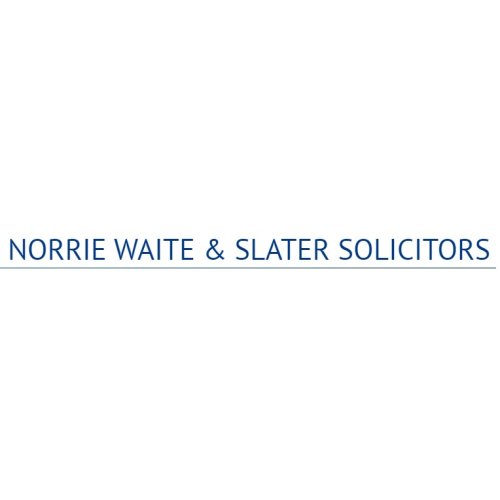Best Landlord & Tenant Lawyers in Killamarsh
Share your needs with us, get contacted by law firms.
Free. Takes 2 min.
Free Guide to Hiring a Real Estate Lawyer
List of the best lawyers in Killamarsh, United Kingdom
About Landlord & Tenant Law in Killamarsh, United Kingdom
Landlord and Tenant Law in Killamarsh, as throughout the United Kingdom, governs the rental agreements and relationships between landlords and tenants. It includes aspects like tenancy agreements, tenants' rights, landlords' rights, and the procedures for eviction. While some of the laws are consistent throughout the UK, there can be slight variations in practices and enforcement depending on the local councils and area regulations.
Why You May Need a Lawyer
Many situations may arise where you would require the assistance of a legal expert. For instance, as a tenant, you might need a lawyer if your landlord is not adhering to the terms of the lease, failing to carry out necessary repairs, or trying to evict you without a legal basis. On the other hand, as a landlord, you may require legal assistance in drafting leases, dealing with non-compliant tenants, or handling eviction processes in accordance with the law. A solicitor can help you better understand your obligations and rights, and help navigate the often complex legal processes.
Local Laws Overview
In Killamarsh, like the rest of the UK, the legal aspects related to Landlord and Tenant are primarily covered under the Landlord and Tenant Act 1985, Housing Act 1988, and several local housing regulations. Key aspects include the requirements for a fair rental agreement, rules about property maintenance, procedures about rent increases, rules about the eviction process, and the rights and responsibilities of both parties involved. It's important to understand these laws to ensure that your tenancy or your practice as a landlord is legal and fair.
Frequently Asked Questions
What is a tenancy agreement?
A tenancy agreement is a contract between a landlord and tenant that sets out the terms and conditions of the tenancy. It is typically in writing, but can also be verbal.
What are my rights as a tenant?
All tenants have a certain set of rights protected by law. These include the right to live in a property that is in good repair, the right to know who your landlord is, and the right to live undisturbed, among others.
What are my rights as a landlord?
As a landlord, you have the right to receive rent on time, the right to repossess the property under certain conditions, and the right to make the tenant responsible for certain repairs. However, these rights must be outlined in the tenancy agreement.
What is 'fair wear and tear'?
'Fair wear and tear' refers to the natural degradation of the property and its fixtures over time, due to normal use and ageing. It should not be confused with 'damage', which can result from negligence or misuse by the tenant.
What is the process for eviction?
The eviction process must follow certain legal procedures, which include providing the tenant with a notice, obtaining a possession order from the court, and then finally enforcing it with a bailiff's help if necessary. It's important to note that it's illegal to harass or force the tenant to leave the property without a proper legal process.
Additional Resources
You can seek information and advice from the UK government website, local Citizen's Advice Bureau, local council housing department or from a professional real estate lawyer. Such resources offer a wealth of information to help understand your rights and responsibilities and to keep abreast of any changes in the laws.
Next Steps
If you need legal assistance, it's advisable to consult a lawyer who specializes in Landlord & Tenant Law. Prepare all relevant documents in advance, such as the tenancy agreement, any correspondence with your landlord or tenant, and any evidence relating to your issue. This will make the consultation process smoother and assist your lawyer in providing accurate advice tailored to your situation.
Lawzana helps you find the best lawyers and law firms in Killamarsh through a curated and pre-screened list of qualified legal professionals. Our platform offers rankings and detailed profiles of attorneys and law firms, allowing you to compare based on practice areas, including Landlord & Tenant, experience, and client feedback.
Each profile includes a description of the firm's areas of practice, client reviews, team members and partners, year of establishment, spoken languages, office locations, contact information, social media presence, and any published articles or resources. Most firms on our platform speak English and are experienced in both local and international legal matters.
Get a quote from top-rated law firms in Killamarsh, United Kingdom — quickly, securely, and without unnecessary hassle.
Disclaimer:
The information provided on this page is for general informational purposes only and does not constitute legal advice. While we strive to ensure the accuracy and relevance of the content, legal information may change over time, and interpretations of the law can vary. You should always consult with a qualified legal professional for advice specific to your situation.
We disclaim all liability for actions taken or not taken based on the content of this page. If you believe any information is incorrect or outdated, please contact us, and we will review and update it where appropriate.








